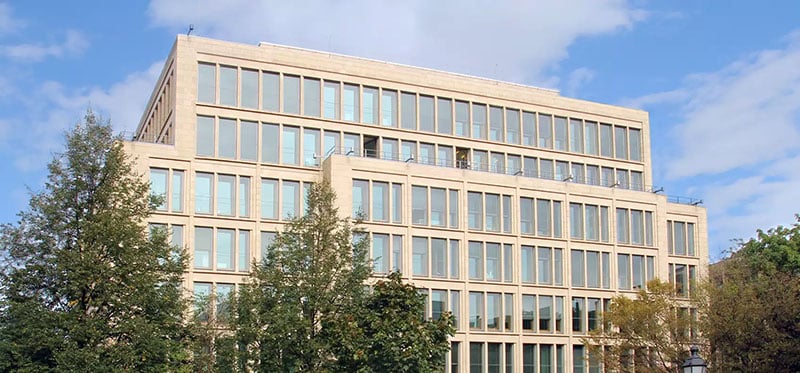The Max Planck Institute for Social Law and Social Policy undertakes ‘basic’ (ie foundational or fundamental) research on social questions in an international context. The research projects take legal, political as well as economical aspects into account. The Institute’s library offers unique resource facilities for comparative research on social law and social policy. Additionally, we cooperate closely with the Ludwig Maximilian University Munich and the Technical University Munich
The Institute consists of two departments, each of which is managed by its own Director. The Department for Foreign and International Social Law, overseen by Professor Becker, is connected with Max Planck Law.
The Social Law Department investigates, mainly by way of comparative research, the particular features of social law as an instrument for the implementation of social policy measures and as a special field of administrative law. The main focus is on systems that safeguard against social risks, such as illness, old age, long-term care, invalidity, unemployment and accidents, as well as systems that provide social aid and support. A systematic study of the principal developments in social law is of central importance. The emphasis here is primarily on three interlinked processes: reforms in the social security systems of developed countries, the Europeanization and internationalization of social law, and the establishment of social benefit systems in developing countries.
